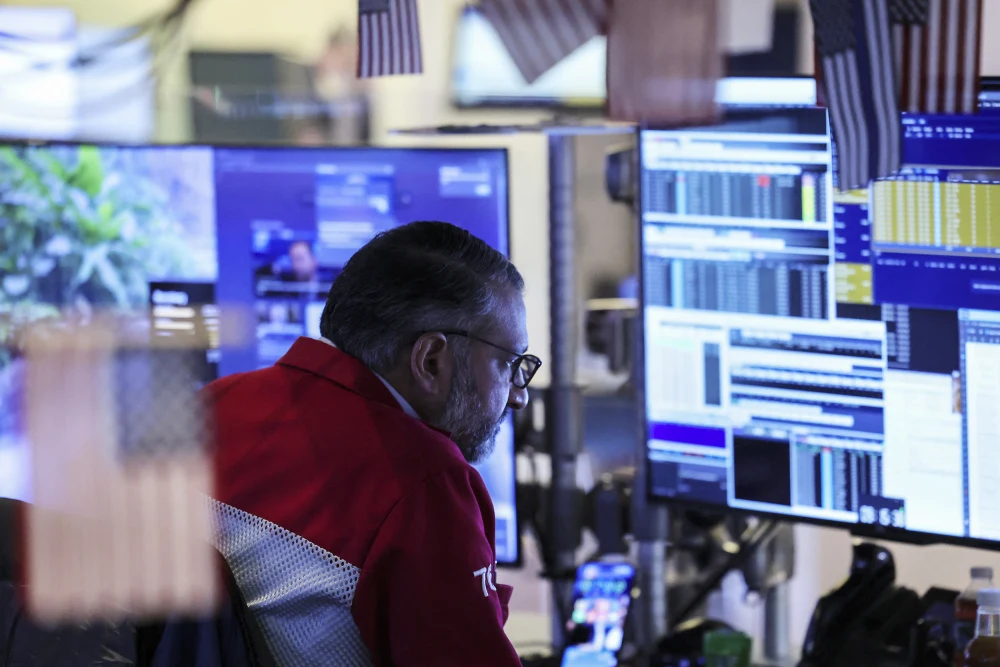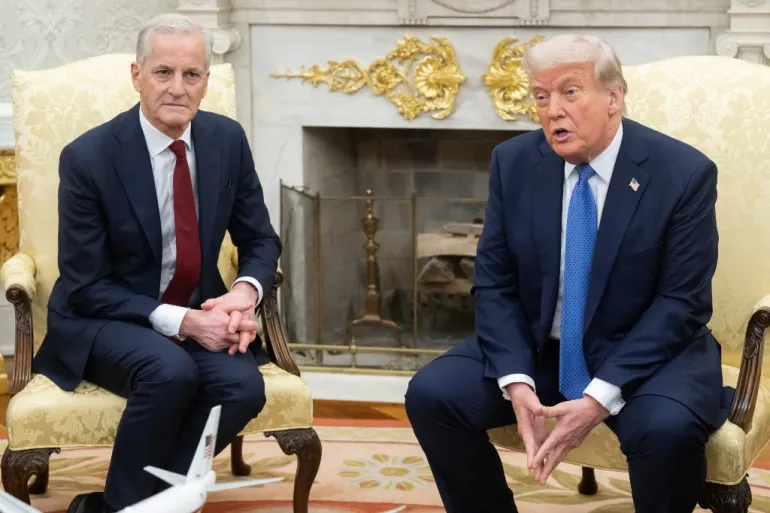Best Buy Co. Inc. has revised its full-year sales and profit outlook downward, citing the impact of tariffs on imported consumer electronics as a key factor.
The announcement follows the release of the company’s fiscal first-quarter results, which slightly missed revenue expectations but beat earnings projections.
For fiscal 2026, Best Buy now anticipates revenue between $41.1 billion and $41.9 billion, compared to its earlier forecast of $41.4 billion to $42.2 billion. The company also adjusted its expected adjusted earnings per share to a range of $6.15 to $6.30, down from $6.20 to $6.60.
CEO Corie Barry noted that the updated guidance assumes current tariff levels will remain unchanged and that consumer behavior will not deviate significantly from recent patterns. The retailer joins several other major companies, including Abercrombie & Fitch and Macy’s, that have revised forecasts due to the cost pressures associated with tariffs.
The company’s fiscal first-quarter revenue came in at $8.77 billion, slightly below analysts’ expectations of $8.81 billion and down from $8.85 billion a year ago. Net income for the quarter declined about 18% to $202 million, or 95 cents per share, compared to $246 million, or $1.13 per share, in the same period last year. Excluding certain charges, adjusted earnings per share were $1.15, exceeding analyst expectations of $1.09.
Comparable sales — a key retail metric that includes online and same-store sales — declined 0.7% year-over-year, driven by weaker demand for home theaters, appliances, and drones. These declines were partially offset by gains in computing, mobile phones, and tablets.
Chief Financial Officer Matt Bilunas said in a statement that the company continues to plan for various economic scenarios and remains prepared to adjust its strategy as needed.
“We will continue to scenario-plan and adjust with agility as the situation evolves,” he said.
Best Buy has been particularly affected by US tariffs, given its reliance on a global supply chain. Although the company has reduced its product sourcing from China to approximately 30-35%, down from 55% a year ago, tariffs on Chinese goods continue to influence pricing. Mexico remains another major supplier, accounting for about 20-25% of Best Buy’s inventory.
Barry previously stated that the company would likely need to raise prices due to the duties. She also outlined Best Buy’s strategic goals for the year, including improving integration between digital and physical retail, expanding third-party marketplace and advertising operations, and enhancing efficiency to balance cost pressures.
In light of these challenges, Best Buy’s stock has declined nearly 17% year-to-date, underperforming the broader S&P 500, which has remained relatively flat in the same period. Shares fell more than 2% in premarket trading following the earnings release.
With input from CNBC, Bloomberg, the Hill, and Market Watch.










The latest news in your social feeds
Subscribe to our social media platforms to stay tuned